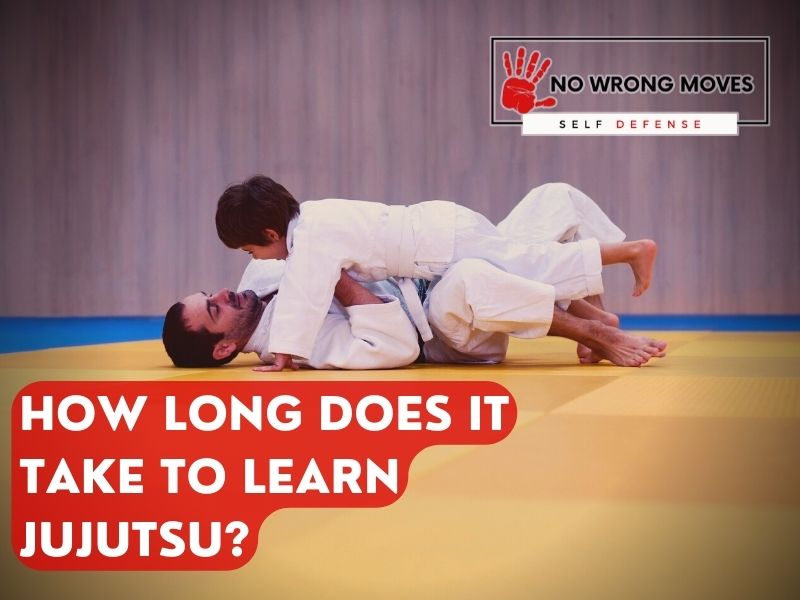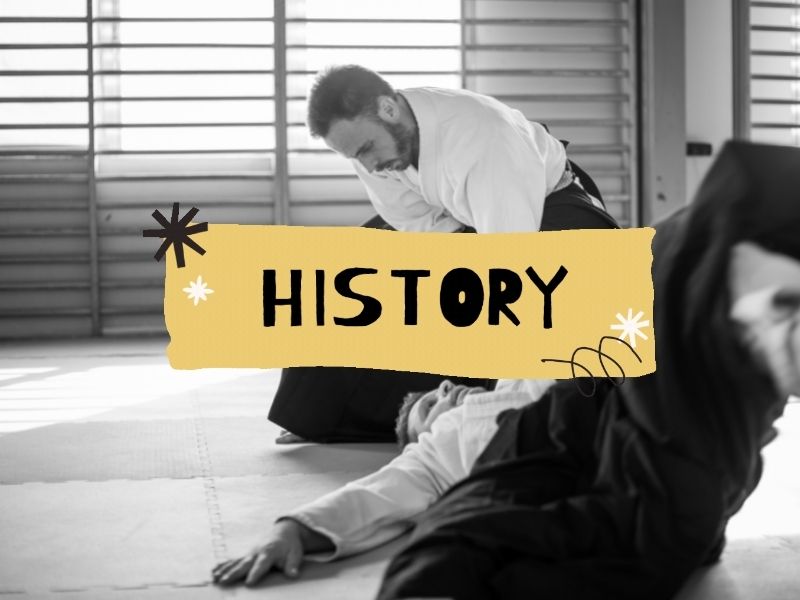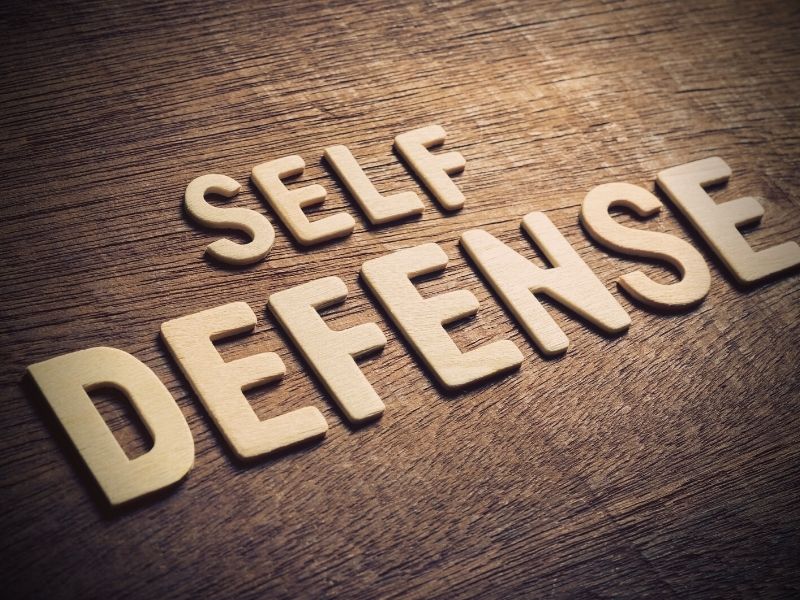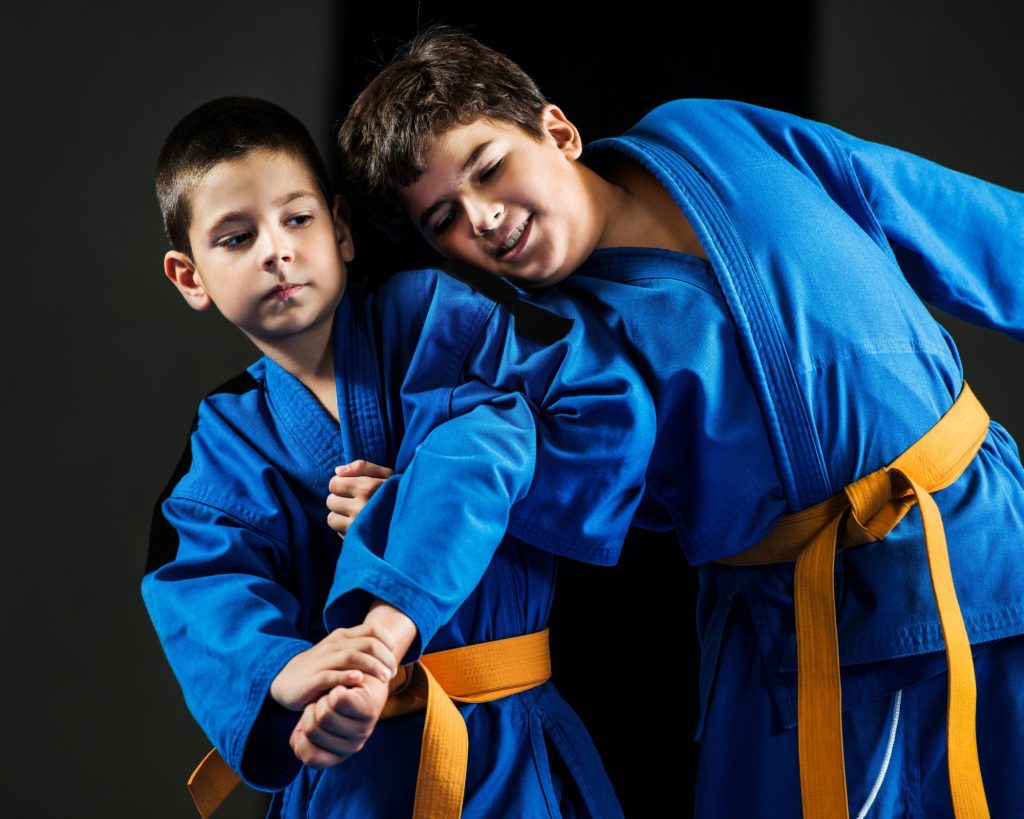
Is Aikido good for self defense? That's not an easy question to answer, but it's one that lots of people have asked now over the years.
If you've been thinking about starting Aikido in your spare time and want to know if Aikido is good for self defense, then you're in luck! This is exactly the place for you.
In this blog post, we will take a closer look at Aikido and whether or not it is a good option for self defense.
The History of Aikido

Aikido is a modern martial art, created in the 20th century by Morihei Ueshiba. It combines techniques from many different martial arts, including jujitsu and karate. Aikido is based on the principle of using your opponent's energy against them, rather than trying to overpower them. This makes it a very effective self-defense system.
Aikido was developed by Morihei Ueshiba in the early 20th century. He was a student of jujitsu and karate, and drew on both disciplines to create Aikido. The aim of Aikido is to use your opponent's energy against them, rather than trying to overpower them. This makes it an extremely effective form of self-defense.
Aikido is now practiced all over the world, and has been featured in several movies, including The Matrix Reloaded and The Last Samurai. In recent years, its popularity has increased dramatically, as more and more people discover its benefits as both a self-defense system and a form of exercise.
Aikido can be practiced by anyone, regardless of age or physical ability. It is a very effective form of self-defense, and is also a great way to get fit and stay in shape. If you are looking for a martial art that can help you protect yourself and your loved ones, Aikido is definitely worth considering.
How Effective Is Aikido For Self Defense?

Aikido is a martial art that focuses on using an opponent's energy against them. This makes it very effective for self-defense, as the defender can use the attacker's own force against them.
Aikido also teaches students how to avoid and redirect attacks, meaning most of the power won't be coming from you. It'll be coming from your opponent!
That means if you're a smaller person, you can safely expect that you'll still be able to do well with Aikido. Or if you're just insanely pacifistic for some reason, then you can rest easy knowing you won't actively be trying to harm your attacker.
And on top of that, Aikido students learn how to control their own body and energy, which can give them an edge in a fight. All of this together makes Aikido a particularly effective martial art for self-defense, and you can rely on it to keep you safe in dangerous situations.
How Effective Is Aikido In A Street Fight?

Aikido is a very effective martial art in a street fight--and for good reason.
A big part of Aikido's effectiveness in street fight scenarios is due to the fact htat it lets you control your opponent and yourself. You'll be able to dictate the course of a fight, regardless of the kind of aggression you face.
It also teaches you to be aware of your surroundings and to use your environment to your advantage. It isn't just a martial art, after all, but also a spiritual discipline, and a part of its benefits extend to this.
In fact, Aikido is not only effective in a street fight but also in other aspects of your life. It can help you to be more disciplined and to have better self-control. Aikido can also help you to be more confident and to feel more empowered.
Why Choose To Learn Aikido Over Another Discipline?

Aikido is a martial art that focuses on using an attacker's own energy against them, which makes it a very effective form of self-defense.
In addition to its defensive benefits, Aikido also offers practitioners many other rewards, such as: improved flexibility, balance and coordination; increased strength, stamina and endurance; and better focus and concentration. That's a pretty solid resume overall, all things considered.
Arguably among the main reaosns you'd like Aikido though is its gentleness. Aikido is also a relatively gentle martial art that is suitable for people of all ages and abilities.
Unlike some other martial arts forms, there is overall little risk of injury associated with learning and practicing Aikido. You're unlikely to get some of the uglier kinds of bruises or sprains that are so prevalent in other disciplines.
So with Aikido, you learn to defend yourself and stay pretty. What's not to like?
The Wrap-Up
We've just clarified just how valuable Aikido can be as tool for personal protection. With a martial art like this, practitioners will be able to defend themselves in a variety of situations--provided they have the right skills and mindset.
But still, no martial art can guarantee absolute safety in every circumstance.
The effectiveness of Aikido as a self-defense tool ultimately depends on a whole bunch of other things, including the skill level and experience of the practitioner, the specific techniques used, and the nature of the attack.
With that said though, with proper training and dedication, Aikido can be an excellent option for those looking to improve their self-defense capabilities.
Regardless of if you're a beginner or a seasoned martial artist, there's always room to grow and refine your skills.
So if you're looking to enhance your personal safety and build your confidence, Aikido may be the perfect choice for you. With its combination of physical and mental training, it can help you become a more well-rounded and capable individual, both on and off the mat.
FAQs To Consider When Choosing A Martial Arts Discipline For Self-Defense
What Are the Key Factors to Consider when Choosing a Martial Arts Discipline for Self-Defense?
When it comes to choosing a martial art for self-defense, there are a number of key factors to consider.
One of the most important is the type of strikes that are used. For example, arts such as boxing and kickboxing focus on punches and kicks, while muay thai also includes elbows and knees.
Another key factor is the ability to grapple, as this can be very useful in close-quarters combat.
Arts such as Brazilian Jiu Jitsu and Judo place a strong emphasis on grappling, while others such as Karate focus more on strikes. Another consideration is the size and strength of the practitioner, as some arts are better suited to larger or smaller individuals.
What Are the Benefits of Training in A Martial Art for Self-Defense?
A good workout is one of the main benefits of training in a martial art for self-defense.
As you learn new techniques and put them into practice, you'll get a great cardio workout that can help you to stay in shape and relieve stress.
In addition, martial arts training can give you the skills you need to defend yourself legally if you're ever attacked. While it's always best to avoid conflict if possible, knowing how to defend yourself can give you a sense of safety and confidence.
And finally, learning a new skill is always rewarding. Martial arts training can help you to develop discipline, focus, and coordination. You may even find that you enjoy it so much that it becomes a lifelong passion.
[author-box-jpx-fitness]
